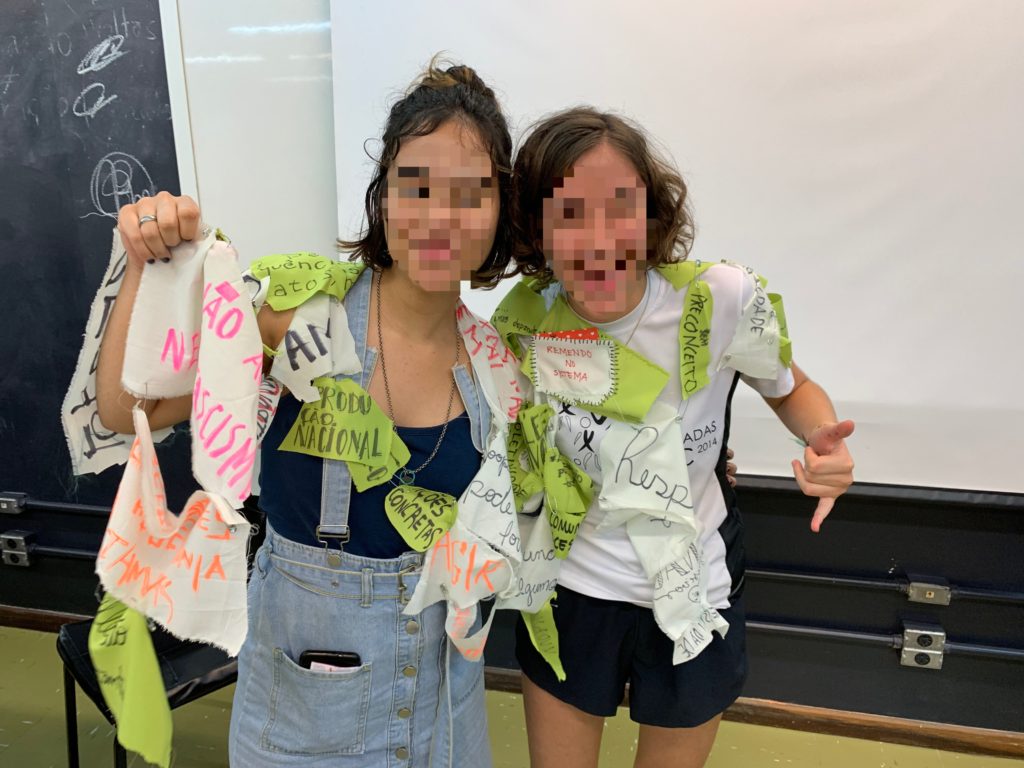Angelon, Rafaela and Van Amstel, Frederick M.C. (2021) Monster aesthetics as an expression of decolonizing the design body. Art, Design & Communication in Higher Education, 20(1), pp. 83-102(20). https://doi.org/10.1386/adch_00031_1


Abstract: Institutionalized design education aims at training the human body to become a design body, a subject capable of designing according to aesthetic canons. In colonized territories, the modern canon predominates over indigenous, vernacular and other forms of expression. Manichaeism, utilitarianism, universalism, methodologism and various modern values are inculcated in the design body as if it did not have any. The colonization of design bodies makes young designers believe that once they learn what good design is, they need to save others from bad design. This research reports on a series of democratic design experiments held in a Brazilian university that questioned these values while decolonizing the design body. Comparing the works of design produced in the experiment with some works of art from the Neoconcrete movement, we recognize a characteristic form of expression we call monster aesthetics: a positive affirmation of otherness and collectivity that challenges colonialists’ standards of beauty and goodness.
Download the paper from the publisher
Request private access through ResearchGate

